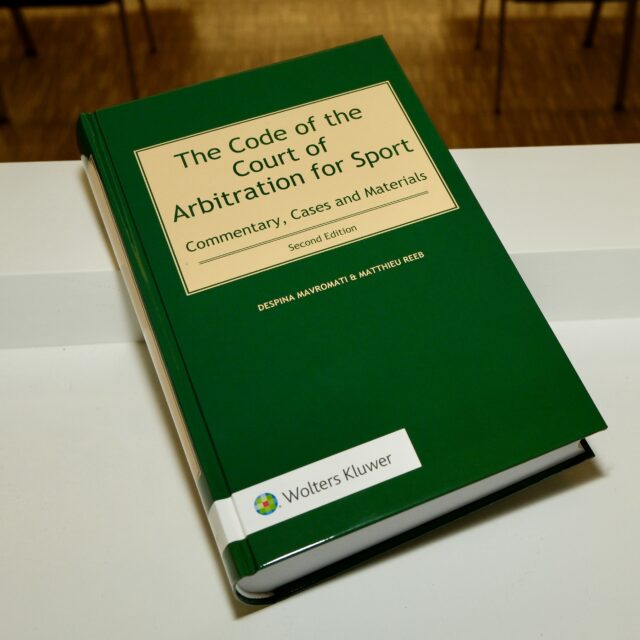4A_536/2018 Judgment of March 16, 2020, Football Club A. v. Football Agent Z.
The contract and the subsequent arbitration proceedings before the CAS
The dispute related to a football club (the Appellant) and an Agent for the payment of a sum based on an agency contract for the conclusion of an employment contract and the potential transfers of a young player. The contract had two main clauses, one providing for (1) the remuneration of the Agent for the contracts of employment between the Appellant and the player, and (2) a financial contribution in the event of a future transfer of the Player to a third club.
In his first request for arbitration before the CAS, the Agent requested that the remuneration be based on the employment contract and a declaratory judgment as to the club’s financial obligation in case of a future transfer of the player. In the First CAS Award, the Panel dismissed the claim for remuneration and refused to decide on the declaratory request. In a subsequent request for arbitration before the CAS (the Second CAS Award), whereby the Agent requested a financial contribution following the transfer of the player to a third club, the CAS accepted the claim and awarded the Agent with compensation as provided in the contract.
Res judicata as part of the procedural public policy under Art. 190 (2) (e) PILA
As expected, the Club filed a motion to the SFT requesting annulment of the CAS award for violation of its right to be heard, but essentially for violation of the principle of res judicata, alleging that the First CAS Award had also decided on the issue of the financial contribution in a final and binding way. Res judicata forms part of the “procedural public policy” and as such falls within the reasons to set aside an arbitral award under Art. 190 (2) (e) PILA.
Res judicata covers only the operative part and not the grounds of the decision
The SFT reiterated some basic principles on res judicata, the principle prohibiting the rehearing of a claim that has already been decided by another final judgment, either a state court decision or an arbitral award). Accordingly, the binding effect of the judgment applies only to the operative part of the award and not to its grounds, even if the latter may complement the meaning of the operative part—especially in cases where the operative part simply dismisses the claim (at 3.1.1). Therefore, the factual findings and legal grounds do not bind the tribunal in a subsequent trial since the res judicata principle is a consequence of the jurisdiction of a specific tribunal to decide a specific dispute, and such jurisdiction is limited to the requests brought before such tribunal.
Need for a final judgment or a preliminary ruling “to the merits”
Furthermore, it is not only necessary to have a judgment for res judicata to apply, but a final judgment to the merits on the same claim: this means, inversely, that a refusal to enter into the merits of the case (such as the case of the CAS panel that refused to issue such declaratory judgment requested by the Agent, or any other decision e.g. reverting the case back to the previous instance) cannot qualify as a final decision vested with res judicata effect (at 3.1.2 and 3.3.2). The SFT proceeded to an interesting analysis of what is a “preliminary ruling” to the merits of a case: an example of such ruling is, for example, when the arbitral tribunal rules on the liability of the defendant and is subsequently bound by such decision when at a later stage will have to decide on any monetary claims based on such liability.
The SFT concluded that the denial of a court to issue a declaratory judgment could not possibly be equated to a “preliminary ruling” to the merits that could lead to a violation of the principle of res judicata and dismissed the appeal in its entirety.
Overall, the judgment is a good reminder of the strict conditions that have to be met for a ruling to be vested with res judicata effect, even when a subsequent decision involves the same parties and the dispute derives from the same contract.
Need for a final Judgment or a preliminary Ruling “to the merits” of the dispute







